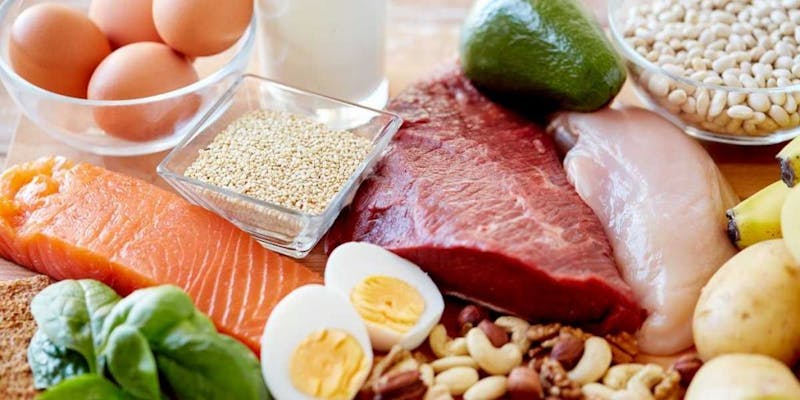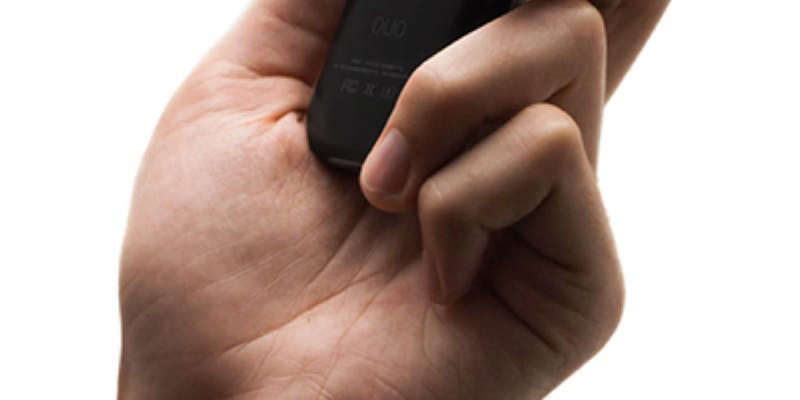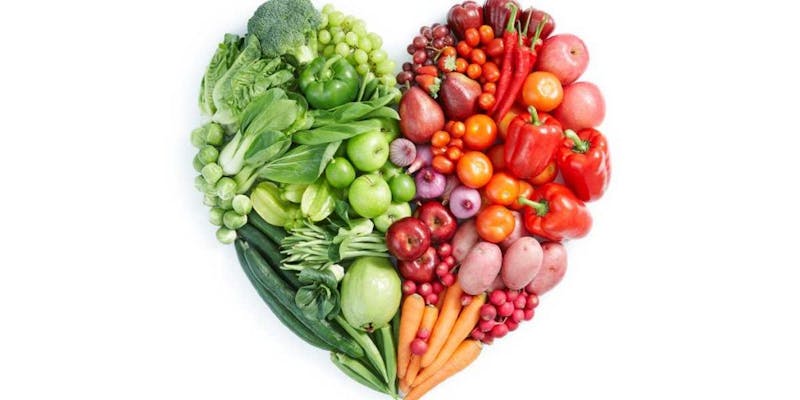05
Mar

Protein for extreme weight loss
Protein for extreme weight lossHaving a quality protein powder is essential to weight loss and to help your body restore health. Getting enough protein after a weight loss surgery is a major concern to patients; this is justified as many weight loss surgical patients have issues ...
View More05
Mar

How to prevent, detect and treat gingivitis
Gingivitis is the most frequent periodontal disease, affecting almost 100% of the population at some point in its life. Periodontal diseases affect 8 out of 10 adults. Among them, gingivitis is especially common, but it can be identified, prevented and treated in a very simple way...
View More05
Mar

Novel Mobile Stethoscope with ECG Capability
Eko, the company that's responsible for the Eko CORE digital stethoscope we highly praised, is now releasing an interesting new device that provides ECG and auscultation capabilities in a mobile package. The Eko DUO looks a bit like a cell phone from the 1990’s, but w...
View More05
Mar

Is it Possible to be Fat and Fit?
PEOPLE ALWAYS SAY TO ME,‘Anyone who runs as much as you do deserves to be skinny. 'Of course, what they’re really saying:‘If you do all this running, why are you still so fat? ’A female heavy runner climb of her car at Black Rock Lake. It’s a shi...
View More05
Mar

The weight of a calorie.
Farewell to counting calories! Right after surgery, most patients can have between 400 to 1,000 calories. At 3 months, it usually is between 800 to 1,000 calories. At one year, calorie intake is somewhere between 1,000 and 1,600. Daily calorie intake depends on restriction from th...
View More05
Mar

Possible Role of High-Dose Vitamin D and Omega-3 Fatty Acids in Halting Type 1 Diabetes Progression
There is a great need to identify “safe” and effective therapies that may prevent and positively impact the progression of autoimmune disorders, like Type 1 diabetes (T1D). Omega-3 fatty acids and vitamin D are both safe therapies with known anti-inflammatory effects ...
View More05
Mar

A ‘Mini-Organ’ Delivering Real Insulin in Real Time – BioHub
The DRI BioHub is a bioengineered “mini organ” that mimics the native pancreas. It contains real insulin-producing cells that can sense blood sugar and release the precise amount of insulin needed — in real time. To the millions living with diabetes, the DRI BioH...
View More05
Mar

Feeling drained while losing weight?
If you feel exhausted while trying to establish a healthier diet and lifestyle, it is important to understand what your body is going through and know what to expect to help yourself and stay on track. During weight loss, there are several mechanisms that affect your metabolism m...
View More05
Mar

Fruits and vegetables’ latest superpower? Lowering blood pressure
Eating potassium-rich foods like sweet potatoes, avocados, spinach, beans, bananas — and even coffee — could be key to lowering blood pressure, according to Alicia McDonough, Ph. D. , professor of cell and neurobiology at the Keck School of Medicine of the University of...
View More05
Mar

Gastric Sleeve rules: using the sleeve for weight loss success
Bariatric surgery is the best tool available for people with obesity that want a better lifestyle, increase years to their lives and look forward to being their very best selves. Sadly, since surgery does pretty much all the work during the first months and weight loss is easily a...
View More05
Mar

Top 5 tasty, super healthy and ready-to-go recipes for sleeve patients
After weight loss surgery, the emphasis on protein is relevant as it helps prevent muscle breakdown, anemia and hair loss. Sometimes, if before surgery a patient was accustomed to eating processed foods, he or she might end up wandering in the supermarket aisles comparing food la...
View More05
Mar

Pipes clogged? BM after weight loss surgery.
Decreased food intake, difficulty on drinking adequate amounts of fluids, and iron & calcium supplementation can reduce frequency in bowel movements. Is there something you can do? First, you would need to assess if there is a medical condition that is somehow impeding the pro...
View More
